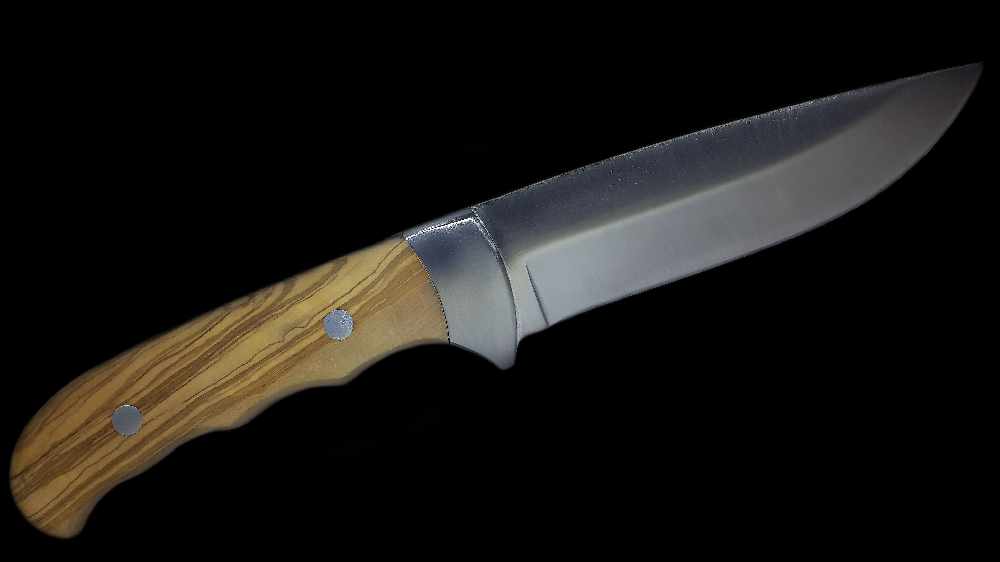
But the force area is the 4th lowest nationally.
Weapons offences had dropped 0.9 per cent in Cornwall and the Isles of Scilly, but rose 17.3 per cent in Plymouth, 19.8 per cent in South Devon, and 26.4 per cent in North, East and West Devon.
But the force area is the 4th lowest nationally for offences that involve a bladed instrument and has the lowest rate among forces of a similar size and makeup.
Cllr Roger Croad, Devon County Council’s cabinet member for community, public health, transportation and environmental services, had been asked to report to a full council meeting on knife crime, current statistics and trends, and the council’s response to a knife crime public health consultation being run by the government.
He told councillors that for the most recent crime data involving knife crime, 38 per cent of offenders were aged 10-25, but that the age group only makes up around 18 per cent of the total population of Devon, so youngsters are disproportionately represented in the number of the types of offences committed.
Cllr Croad said: “Since the start of 2018 the impact of knife crime has been frequently highlighted by the press, mostly in response to the escalating number of homicides in London. In April 2018 the government published a serious violence strategy in response to rises in knife crime, gun crime and homicide.
“The strategy shows the rises are driven by male on male offending and alongside the shift to youth offending. Some of the rises are attributed to dangerous drugs, the network of drugs gangs and county lines, in which gangs from urban areas have sought to exploit the markets in rural areas to supply drugs.
“Nationally, offences involving a knife at the highest level recorded, and there were 44,443 knife offences in 2018, the highest since comparable data was first collected in 2011.
“These offences tend to be concentrated in London, as one in three crimes took place in London. Locally there is evidence of small increase in certain pockets of the peninsula but there does not appear to be any evidence of widespread and large increase across Devon.
“Devon and Cornwall has the fourth lowest rate for knife crime and it is the lowest among similar forces in offences involving a bladed instruments with an offence rate of 25 per 100,000 population.”
He told the councillors that offences which included knife crime offences were down 8.3 per cent on the previous year, but that possession of bladed article was up 6.9 per cent on previous 12 months and there was a 50 per cent increase on offences of weapons found on school premises in Devon, although the numbers were only 21 crimes up from 14.
Cllr Croad added: “The recent crime data on knife crime shows that 38 per cent of offenders were aged 10-25. That age group makes up around 18 per cent of the total population of Devon, so they are disproportionately represented compared to other age groups.”
He said that the week-long knife amnesty run by the police in March saw 367 weapons handed over for disposal – effectively a weapon for every day of the year.
Among the weaponry handed in were an assortment of knives, swords and machetes, but included a handful of other items such as arrow heads and four BB guns.
Cllr Rob Hannaford, leader of the opposition Labour group who had asked for the report from Cllr Croad, said that he was extremely concerned that children as young as 10 had knifes. He said: “That would be extremely shocking for anywhere, but especially for this part of the country.
“There do appear to be some growing trends but we are not a Birmingham or London. But these things move down in trends and fashions and particularly with the connection of county lines that we are potentially having to deal with, these trends and number of offences could grow.”
The meeting heard that a Government consultation had been launched to tackle serious violence via a multi-agency approach, involving a range of partners and agencies such as education, health, social services, housing, youth and victim services, offender management and others.
The consultation paper sets out options for supporting a multi-agency or ‘public health’ approach including options for the introduction of a new legal duty and a non-legislative option for partners to work together voluntarily to prevent and tackle serious violence.
Cllr Croad said: “Views have been sought by colleagues across the county. Devon County Council welcomes the ambition for all areas to adopt a public health approach to preventing and tackle serious violence. The issue in terms of prevalence and the way it manifests varies across different parts of the country and therefore the response must be tailored accordingly based on the local profile of needs and demand rather than a one size fits all approach.
“Devon County Council are taking proactive steps to address this as well as the broader concerns around adolescent risk and vulnerability, however, additional long term investment is required to further understand the causes and consequences of serious violence.”
He said that the council favoured the voluntary non-legislative approach to encourage areas to adopt voluntary measures and engage in a multi-agency approach, instead of, or to compliment, a new statutory duty.
Following the recent week-long Operation Sceptre knife amnesty, Supt Jacqueline Hawley, head of the the [Devon, Cornwall and Dorset Police] Alliance Prevention Department had said: “As has been previously stated, recorded instances of knife crime remain very low in Devon and Cornwall, some of the lowest recorded rates nationally.
“We appreciate that public perception of knife crime may be driven by national reports of increased government funding to tackle the issue, but that is very much not the picture in Devon and Cornwall – indeed much of this is confined to seven forces nationally.
“However, Devon and Cornwall Police is not complacent and continues to build an intelligence picture in terms of young people and whether knives are being carried habitually in our communities.
“Evidence around this is often very anecdotal, but proactive action will always be taken whenever knives or any other weapon are identified as a threat. Ensuring our communities remain safe and are not put at threat and risk by knives remains of paramount importance.”
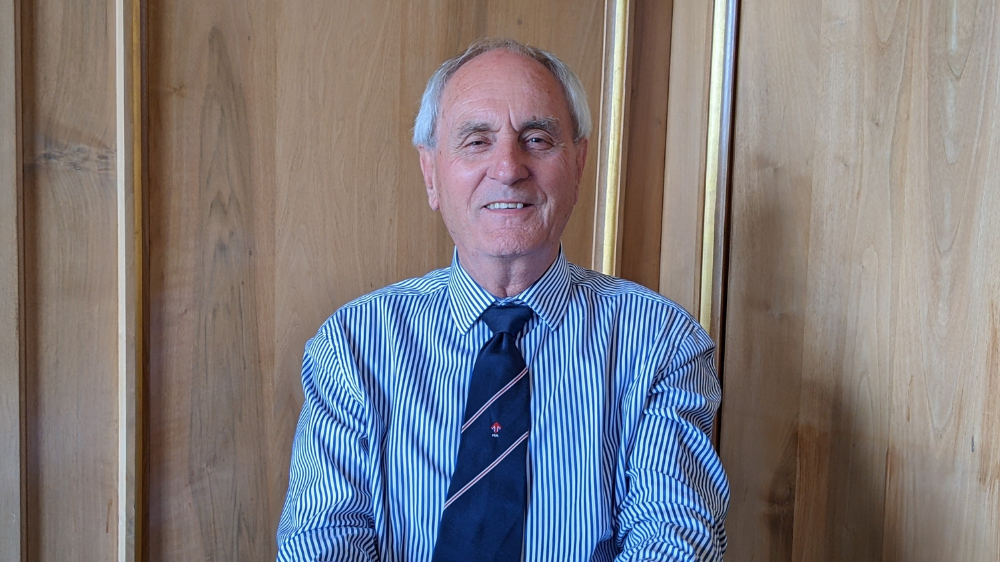 Long-serving County Council leader steps down
Long-serving County Council leader steps down
 Crime Commissioner reveals top priorities
Crime Commissioner reveals top priorities
 Torbay MP explains why he didn't vote on smoke ban
Torbay MP explains why he didn't vote on smoke ban
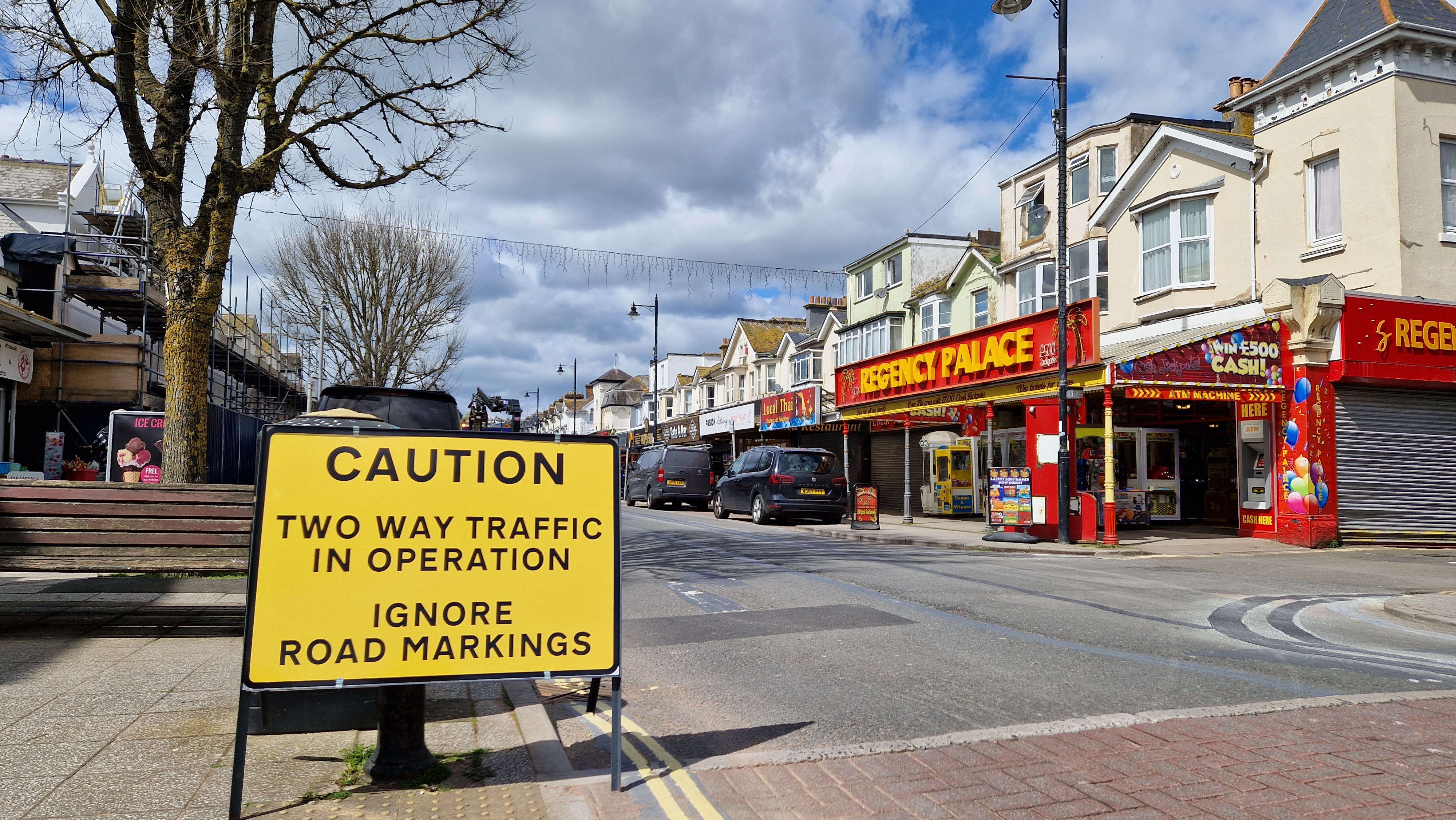 Traffic returns to Torbay Road
Traffic returns to Torbay Road
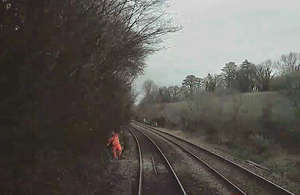 Rail worker in near miss with train at Totnes
Rail worker in near miss with train at Totnes
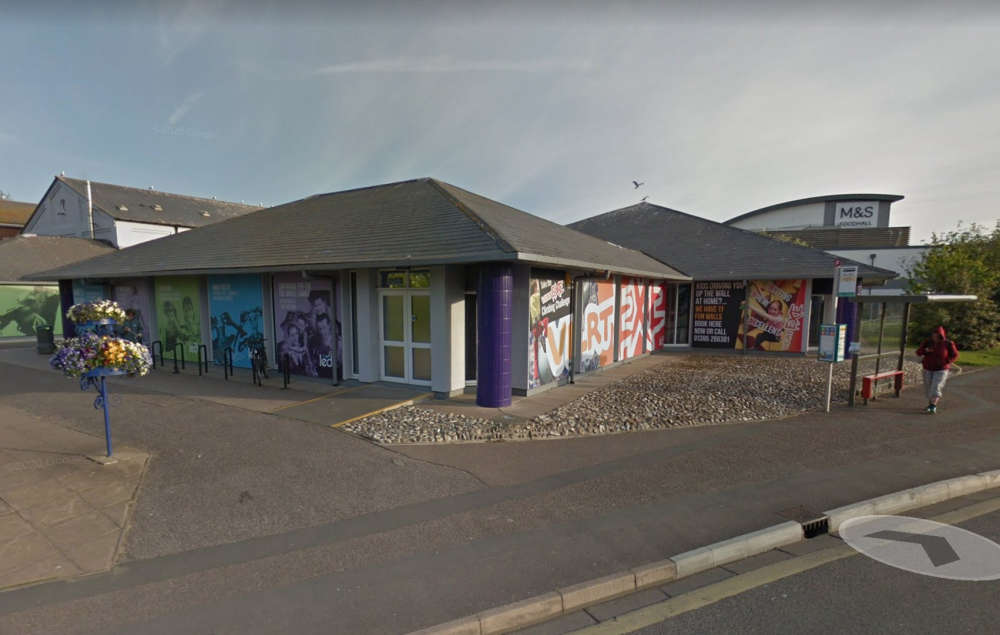 East Devon leisure centres under threat
East Devon leisure centres under threat
